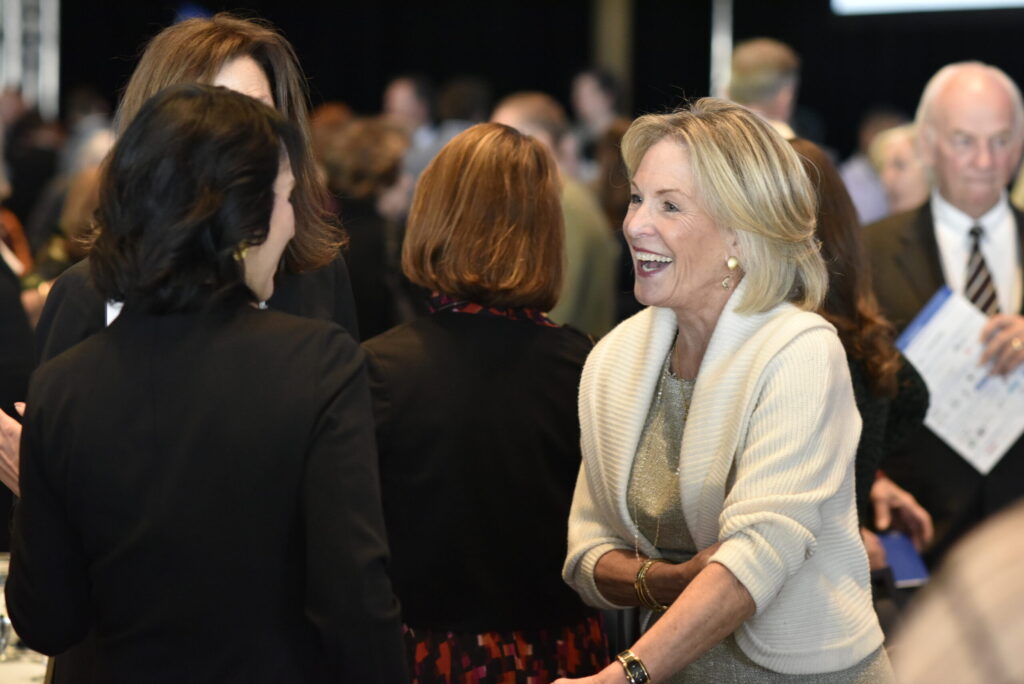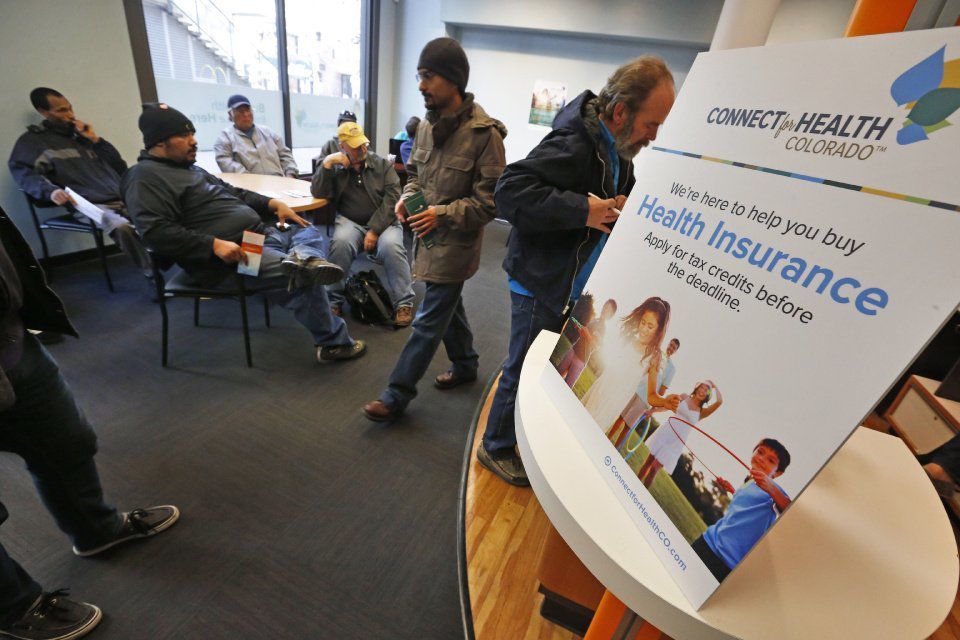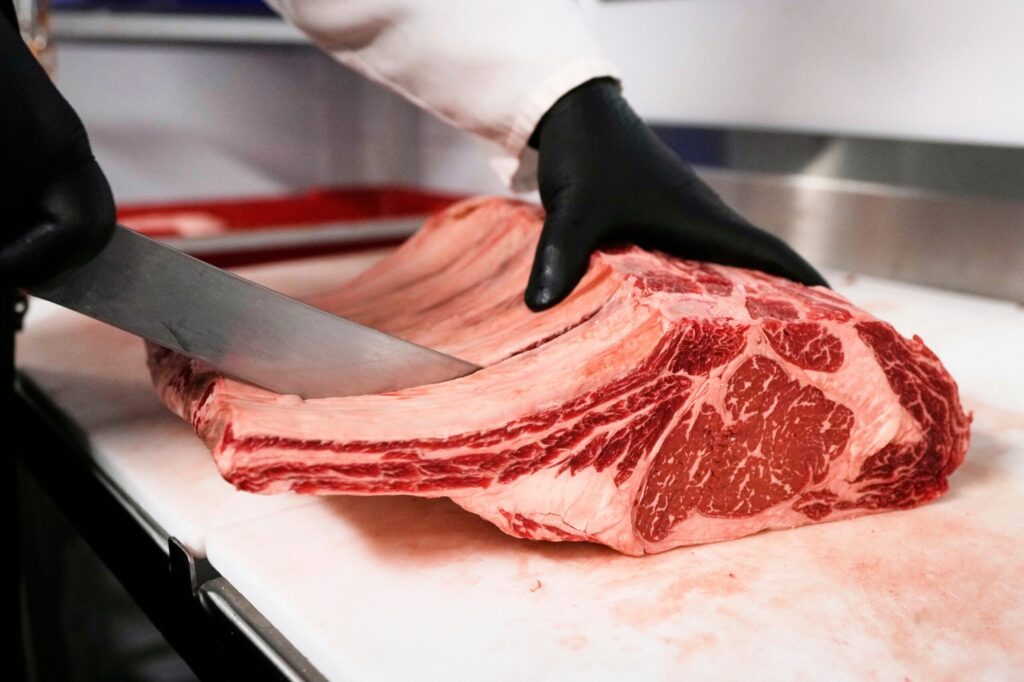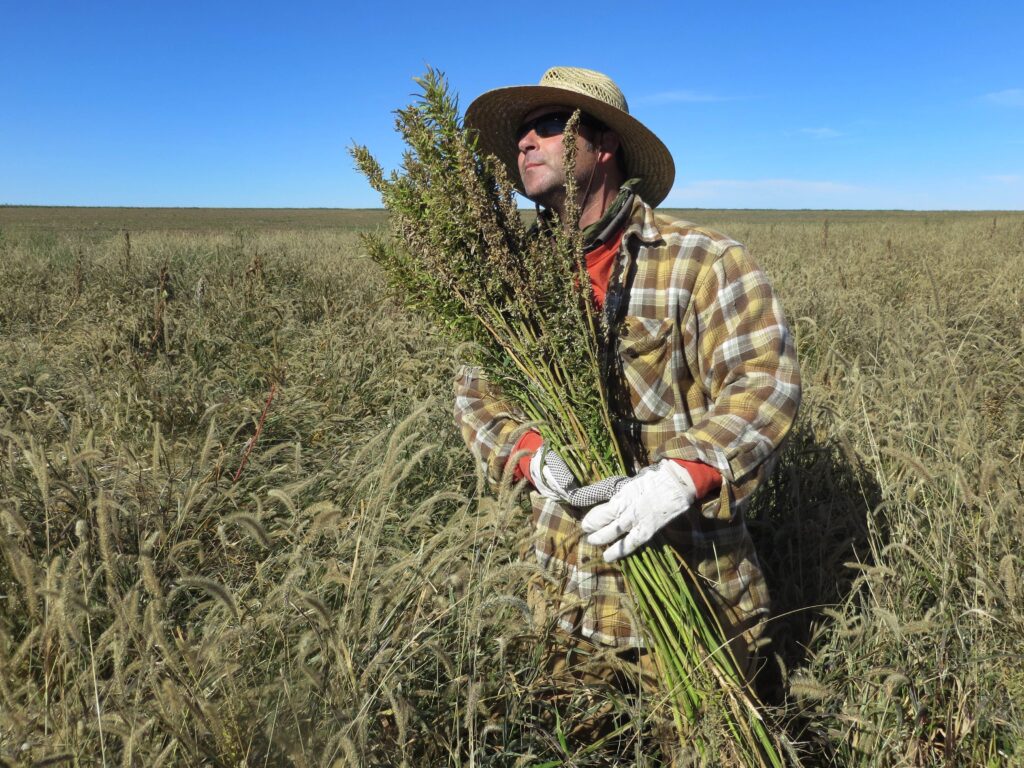Q&A: Rep. Tim Dore on being right about open primary voting, frustrations of the Legislature, growing challenges for the state GOP
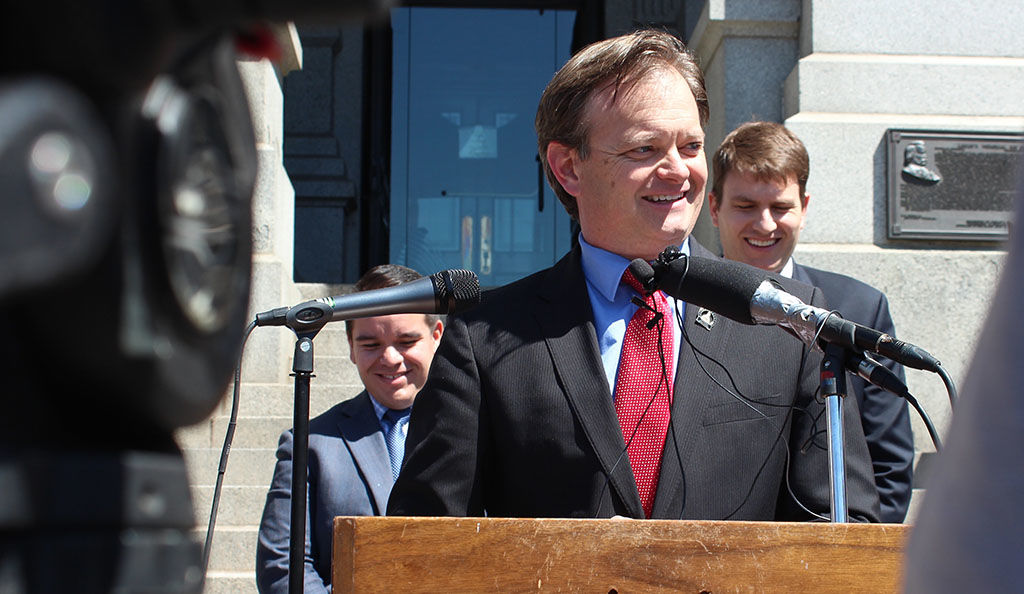
‘Our party is facing permanent minority status unless we embrace a wider vision’
Two-term state Rep. Tim Dore, a Republican from Elizabeth, was defeated in the party primary last June. He wasn’t surprised.
Dore’s feather-ruffling efforts to move hardline Republican caucus members to embrace a “wider vision,” as he put it in an interview this week, culminated when, at the end of the legislative session last spring, he sponsored House Bill 1454, which aimed to bring presidential primary voting back to Colorado and open up primary voting to the state’s majority unaffiliated voter bloc.
The bill, co-sponsored by Democrats in the House and Senate, came in response to overrun Colorado caucus meetings held in the spring that prompted both Democratic and Republican voters energized by this year’s intense presidential primary races to express deep frustration with the process.
Democrats waited in lines for hours to register their candidate preferences and many ultimately were turned away. Republicans were baffled by their party’s system, which in the end seemed to officially registered no support at all for now-President-elect Donald Trump.
But Republican party activists, including most Republican lawmakers, hated Dore’s bill, seeing it as likely to open up the party to non-Republican voter whims or gamesmanship and to otherwise dilute the power of dedicated party members to shape policy positions and choose conservative candidates.
Dore warned them that the state had outgrown the caucus voting system and that Colorado voters would move on, with or without lawmaker input. Indeed, his bill was meant to head off primary election ballot initiatives backed by the Denver Chamber of Commerce that he felt would make clumsy law but would prove popular with voters.
In May, Republican legislators defeated Dore’s bill. In June, angry party activists succeeded in spearheading Dore’s defeat in the Republican primary. In November, Coloradans voted to pass Propositions 107 and 108, which re-established presidential primary voting in Colorado and opened up party primaries to the state’s majority unaffiliated voters.
The Colorado Statesman caught up with Dore this week. This interview has been condensed and edited for clarity.
The Colorado Statesman: The primary elections ballot initiatives passed, just like you and your cosponsors said they would. So, basically, lawmakers forfeited the chance to shape primary elections administration. In hindsight, what did the experience underline for you about how the Legislature works.
Rep. Tim Dore: You know – (laughs). You know, I’d say it highlighted the frustration you can feel, that a lot of legislators feel, and that I felt in this situation, where you’re just trying to do something that serves Colorado. Everyone in the building knew where voters were last year on wanting to change the caucus system. Everyone knew that the initiatives would pass. So what happened?
You look at unaffiliated voter trends around the country – people are choosing not to affiliate with the parties in larger numbers. In Colorado, that’s not just a trend. Unaffiliated voters are the largest voting bloc. That doesn’t mean they don’t want to participate in the elections process.
So, understanding the will of the people, you do something, you work to change things but in a way that you’re not throwing a grenade into the system. That’s what I was proposing. You know, “Let’s look at this and see what we can do.”
My colleagues, they thought my vision was off. But my vision was 20-20 spot on.
CS: So what will happen now? You have been thinking about this. How do you see things changing?
TD: Well, I think the (electoral) landscape will change in Colorado, that’s what will happen. That’s the point. Colorado voters will send a different message about the kind of people they want to represent them …
CS: Yes, so, how would you say this relates, for example, to your electoral experience? Is it fair to say your sponsoring of the primary elections bill led to your primary election defeat?
TD: Actually, no. It was a bigger deal than that. My opponents used the bill against me, for sure, but it’s more about the group in my caucus that’s very closed-minded and doesn’t comport with the larger Colorado constituency.
I think Republicans this year were really lucky to retain control of the Senate. They retained the majority by one seat, again. It was very close. We also lost three seats in the House, okay. I just think we (Republicans) have to have a much broader vision. Our party is facing permanent minority status unless we embrace a wider vision. We can’t just be representing primary voters – and especially now that the landscape will change, as I said.
In the country and in Colorado, you see this divide, the chasm spreading between Republicans and Democrats, between urban and rural residents. It’s wider this year than it was four years ago. I think you’ll see increasingly less people will affiliate with the political parties. They’ll be unaffiliated but more active – and so think what that might mean for the Legislature. Look at the legislative primary elections: The winners and losers are separated by a few hundred votes, maybe a couple thousand. Now you’ll be drawing in thousands of a different kind of voter.
I mean, time will tell, but I think those lawmakers who run and win on a platform attractive to just typical primary voters, they’ll be in for a surprise. I think they won’t win that way anymore. The point of the initiatives was to moderate the primaries, to move candidates to the middle. So, we’ll see, right?
CS: What would your bill have done? How would things be different if it had passed?
TD: Some of the things … It would have put some rails around the primaries. They would be a little less open. It also would have set Colorado up to move up in the voting calendar and draw more attention to the state. But now that’s not a conversation anymore with the national parties, who saw the Legislature vote against it. We also included budget mechanisms that addressed how to pay for the elections. So we would have had more ability to control the process.
Also, we would have known more about who was affiliating temporarily with the parties so, for data purposes, you could see who is leaning Democratic or Republican.
We also wouldn’t have had the jumbo ballot, where voters are given both the full Republican and Democratic slate and have to be sure to choose one side.
CS: What was it like after the elections? Did colleagues in the Legislature call you and say, ‘Damn, maybe you were onto something’?
TD: (Laughs) A couple did. You know, “Hey, it happened like you said!”
But the naysayers never called. I think they just don’t want to see what’s happening.




